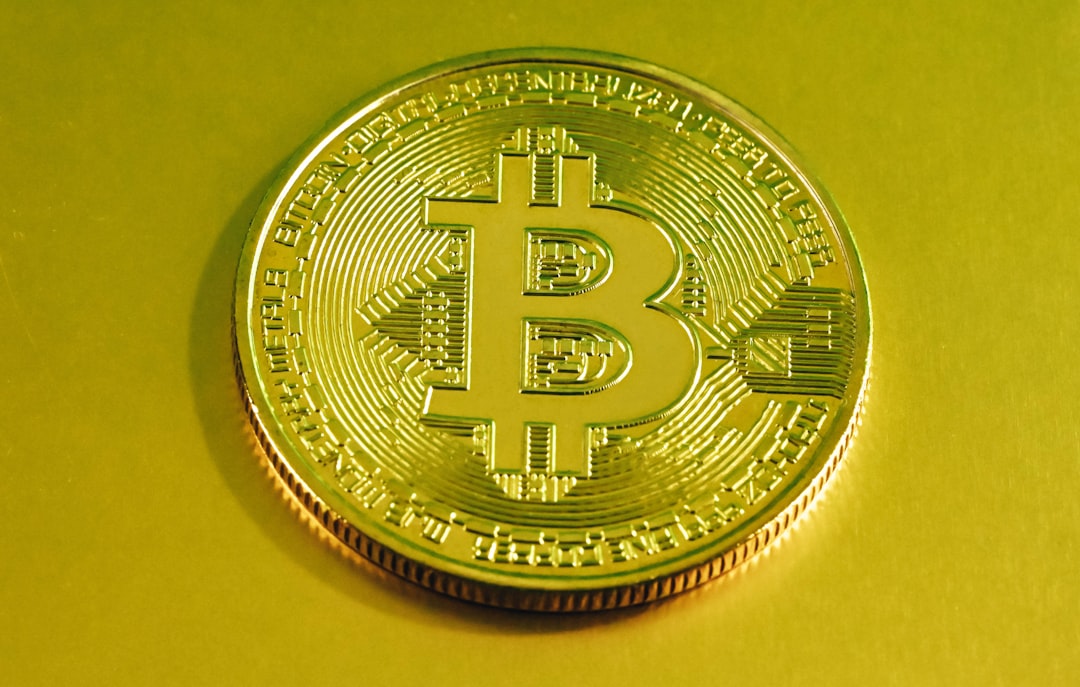As the popularity of cryptocurrencies continues to surge, the importance of securing your digital assets has never been greater. One of the most crucial decisions you’ll make as a crypto investor is choosing the right wallet to store your coins safely. With numerous options available, understanding what makes a crypto wallet trustworthy can help you avoid costly mistakes and gain peace of mind.
Whether you’re a seasoned investor or just starting your crypto journey, this guide will walk you through how to choose the most trusted crypto wallet for your investments, what features to look for, and how to strike the right balance between security, usability, and functionality.
Understanding What a Crypto Wallet Is
Before diving into wallet options, it’s essential to understand what a crypto wallet does. A crypto wallet stores your private and public keys, which are necessary to access and control your cryptocurrency. It doesn’t physically store your crypto coins; instead, it gives you access to them on the blockchain.
There are two primary types of wallets:
- Hot Wallets – These are connected to the internet and include desktop wallets, mobile apps, and web-based platforms. They’re convenient but more vulnerable to cyber attacks.
- Cold Wallets – These are offline wallets, such as hardware and paper wallets, offering enhanced security by keeping keys completely off the grid.
Key Features of a Trusted Crypto Wallet
To determine if a crypto wallet can be trusted, look for the following features:
- Security Features: Two-factor authentication (2FA), biometric locks, encrypted passwords, and open-source code are crucial layers of security.
- User-Friendly Interface: Even the most secure wallet is of little use if it’s too difficult to navigate.
- Compatibility: Make sure the wallet supports the cryptocurrencies you plan to invest in and works on your preferred devices.
- Backup and Recovery: Trusted wallets offer backup and recovery options like recovery phrases or cloud backups to safeguard your assets if you lose access.
- Reputation and Reviews: Always look up online reviews, community feedback, and expert opinions about a wallet provider.

Types of Crypto Wallets: Pros and Cons
Here’s a breakdown of the main wallet types along with their strengths and weaknesses:
1. Hardware Wallets
These are physical devices that store your keys offline. Examples include the Ledger Nano X and Trezor Model T.
- Pros: Maximum security, resistant to malware, ideal for long-term storage.
- Cons: Not free, can be challenging for beginners, may be lost or damaged if not properly stored.
2. Software Wallets
- Desktop Wallets: Apps installed on your computer like Electrum and Exodus.
- Mobile Wallets: Apps on mobile devices such as Trust Wallet and Coinbase Wallet.
Pros: Convenient, often free, good for daily transactions.
Cons: Vulnerable to viruses and hacking, especially if the device is compromised.
3. Web Wallets
Accessible via web browsers and hosted on the cloud—examples include MetaMask and Blockchain.com.
- Pros: Access from any device, fast to set up, ideal for small amounts.
- Cons: Depend on third-party servers, more prone to phishing attacks and service downtime.
4. Paper Wallets
Printed QR codes of your public and private keys, often used for ultra-secure storage offline.
- Pros: Immune to hacking, very private, no digital footprint.
- Cons: Easy to lose, degrade over time, hard for beginners to use correctly.
Steps to Choose the Most Trusted Crypto Wallet
Making the right choice boils down to evaluating your needs and doing thorough research. Follow these steps for informed decision-making:
Step 1: Define Your Investment Goals
Consider how you plan to use your crypto. Are you a frequent trader who needs fast access, or a long-term investor focused on security? For day-to-day use, a hot wallet may be sufficient; for storage of large investments, a cold wallet is recommended.
Step 2: Research the Provider’s Background
Opt for wallets developed by well-known, reputable companies with a solid track record. See if the company is regularly updating its product and how actively it responds to security threats.
Step 3: Look for Open Source Code
A wallet backed by open-source software promotes transparency. The crypto community can audit the code, ensuring there are no hidden security flaws or malicious backdoors.
Step 4: Read Reviews and Community Feedback
Reddit, GitHub, and crypto forums are excellent places to check user experiences. Look for wallets that consistently receive positive feedback about security and usability.
Step 5: Test with a Small Amount
Before transferring large sums, test the wallet’s functionality with a small amount of cryptocurrency to gain confidence in its usability and safety measures.

Top Recommended Trusted Wallets of 2024
Here are a few wallets that have earned the trust of the crypto community:
- Ledger Nano X: Excellent cold wallet with Bluetooth support and mobile compatibility.
- Trezor Model T: Highly secure hardware wallet, ideal for professionals.
- Exodus: A stylish desktop and mobile wallet that’s user-friendly and integrates with hardware wallets.
- Trust Wallet: A mobile wallet endorsed by Binance, known for supporting numerous tokens and DApps.
- MetaMask: Popular among Ethereum and DeFi users, MetaMask is a reliable browser and mobile wallet.
All of these wallets have strong reputations for security and ease of use, but each caters to different needs and use cases.
Common Mistakes to Avoid
To protect yourself and your investment, be cautious of these common errors:
- Ignoring Backup Options: Always note down your recovery phrase and store it in a safe place.
- Using Public Wi-Fi: Never access your wallet over unsecured public networks.
- Falling for Phishing Scams: Be wary of unsolicited emails or fake websites asking for your wallet information.
- Skipping Updates: Keep your wallet’s firmware and software updated to the latest versions to guard against vulnerabilities.
Final Thoughts
Choosing a trusted crypto wallet is a pivotal step in safeguarding your digital wealth. There’s no one-size-fits-all solution—the best wallet for you depends on your trading frequency, appetite for risk, and personal comfort level with technology.
By prioritizing security, researching providers, and staying informed, you’ll be well on your way to a safer and more confident investing experience in the exciting world of cryptocurrency.
Always remember: not your keys, not your crypto.